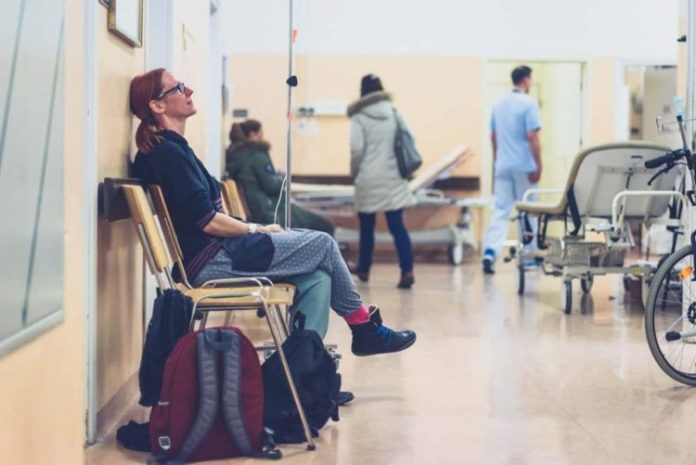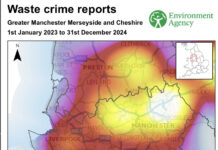New analysis has found that people living in the most deprived areas of England experience a worse quality of NHS care and poorer health outcomes than people living in the least deprived areas. These include spending longer in A&E and having a worse experience of making a GP appointment.
The research, undertaken by QualityWatch, a joint Nuffield Trust and Health Foundation programme, has looked at 23 measures of healthcare quality to see how these are affected by deprivation. In every single indicator looked at, care is worse for people experiencing the greatest deprivation.
Using NHS and the Index of Multiple Deprivation data, the researchers found that for 11 out of the 23 measures, the inequality gap was widening.
In general, indicators where the quality of care has got worse over time, the inequality gap between the most and least deprived has widened too.
In 2014/15, there was almost no difference in the proportion of people missing the four-hour A&E target in the most deprived areas versus least deprived.
In 2017/18 a gap emerged where 14.3% of people from the most deprived areas of England who attended A&E were not seen within the target compared to 12.8% of people from the least deprived areas.
Between 2011/12 and 2017/18, the proportion of GP Patient Survey respondents from the most deprived areas reporting a ‘very good’ or ‘fairly good’ experience of making an appointment decreased from 77% to 64%. For those from the least deprived areas it fell from 81% to 72%.
In 2017/18, there were 394 emergency admissions for pressure sores per 100,000 people from the most deprived areas, compared to 134 per 100,000 people from the least deprived areas – almost three times as many. In 2008/09, this was just more than twice as many.
The researchers also found that the inequality gap is greatest for measures that are heavily affected by issues beyond the NHS’s control such as poor housing and social care. These measures include avoidable deaths, smoking prevalence and emergency admissions to hospital. Measures relating to children and young people also showed large inequalities.
However, for a number of the measures where the quality of care is getting better, the inequality gap has narrowed. This includes unplanned hospital admissions for asthma, diabetes and epilepsy in children, recovery rate following psychological therapy and people being able to die at their usual place of residence.
Responding to the findings, Nuffield Trust Deputy Director of Research Sarah Scobie said:
“These findings show some concerning trends about the knock-on effect an overstretched NHS is having on the people in England who often need it the most.
“My worry is that continued pressure on the NHS is only going to exacerbate inequalities, despite the very best of intentions from staff to provide fair and equal care.
“The NHS Long Term Plan, which the new Government is embracing, makes reducing inequalities a priority. This is absolutely right, but achieving this will require quite a turnaround.”







